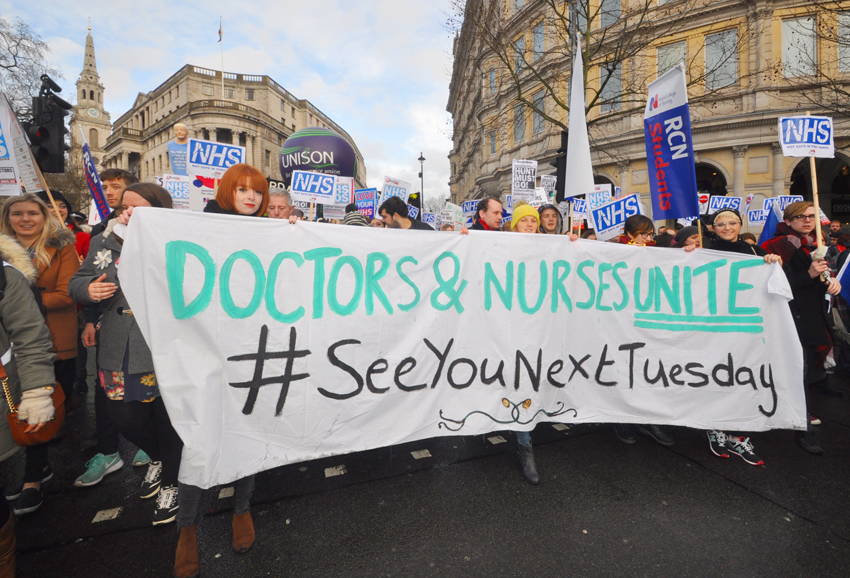THE GP funding crisis is seeing patients in the most deprived areas of England facing poorer levels of care due to an over-reliance on locum GPs, the British Medical Association (BMA) has warned.
Data analysis has found in some parts of the country 18% of the GP workforce was made up of locums compared to a national average of 3.4%. Dr Richard Vautrey, deputy chair of the BMA’s GP Committee, said: ‘The current crisis in general practice and the shortage of GPs is having a major impact across the UK, with some practices, particularly those serving deprived populations, really struggling to recruit new GPs to replace those who leave.
‘In order to maintain services to their patients these practices are using more GP locums, but whilst locums provide an essential and valuable service, they are not able to deliver the long term continuity of care that patients benefit from and which is the bedrock of good general practice.
‘It’s vital that governments across the UK reverse the decade of underfunding that has led to this crisis and step up their efforts to tackle the GP recruitment and retention so that practices can recruit new GPs when they need to.’
Meanwhile, BMA council chair Mark Porter has said of next week’s BMA Annual Representative Meeting: ‘Above all, this will be about the effects of austerity on public finances, its direct effect on health inequalities and its indirect effect through reducing the proportion of the country’s resources invested in healthcare.
‘These effects permeate every part of the UK and have produced the present healthcare crisis, in which demand is rising but frontline resources are falling, while the advance of medical science increases the amount we can aspire to do for patients.
‘So hospital providers slide into financial deficit while GPs close their practices. Our challenge is not so much to identify this problem, or even potential solutions – of which the most vital is proper funding – but to avoid blaming ourselves for the actions of a government whose priorities lie elsewhere.’
